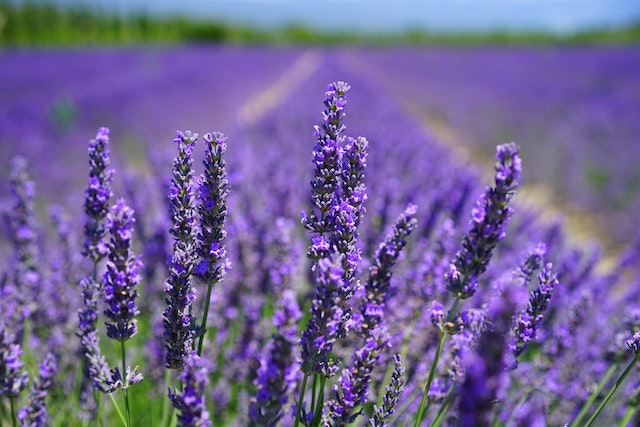Botanical Description: Bilberry, scientifically known as Vaccinium myrtillus, is a deciduous shrub belonging to the Ericaceae family. This small, perennial plant typically grows up to 16 inches in height and is characterized by its slender, angular branches. The leaves are ovate, serrated, and alternately arranged. Bilberry flowers are pale pink to white, bell-shaped, and appear in clusters. The plant produces small, dark purple to black berries that are round and have a unique sweet-tart flavor. Bilberries thrive in acidic, well-drained soils and are native to Northern Europe, where they are found in forests, heathlands, and moors.
Disclaimer: This Materia Medica is provided for informational purposes only and should not replace professional medical advice. Please consult with a qualified healthcare practitioner or herbalist before using any herbal remedies.
Therapeutic Actions: Bilberries have been revered for their various therapeutic actions, including:
- Antioxidant Properties: Bilberries are rich in anthocyanins, powerful antioxidants that help neutralize free radicals in the body, thereby supporting overall cellular health.
- Anti-Inflammatory Effects: The anti-inflammatory compounds in bilberries may contribute to the reduction of inflammation, making them beneficial for conditions such as arthritis.
- Vision Support: Bilberries have long been associated with eye health, potentially improving night vision and supporting the prevention of age-related macular degeneration.
- Cardiovascular Support: The anthocyanins in bilberries may have cardiovascular benefits, including promoting healthy blood vessel function and reducing the risk of cardiovascular diseases.
Constituents: Bilberries contain a range of bioactive compounds, including:
- Anthocyanins: These pigments are responsible for the dark color of the berries and contribute to their antioxidant properties.
- Flavonoids: Bilberries contain various flavonoids, such as quercetin and catechins, which contribute to their anti-inflammatory effects.
- Vitamins and Minerals: Bilberries are a source of vitamins C and K, as well as minerals like manganese.
Traditional Uses: Throughout history, bilberries have been utilized for:
- Eye Health: Traditionally used to improve vision, especially in low-light conditions, bilberries were employed by pilots during World War II.
- Digestive Health: Bilberries have been used to alleviate digestive issues, such as diarrhea, and promote a healthy digestive system.
- Diabetes Management: Some traditional systems of medicine have used bilberries to help regulate blood sugar levels.
- Circulatory Disorders: Bilberries have been employed to enhance microcirculation and address conditions like varicose veins.
Dosage and Preparation: Bilberry can be prepared and administered in various forms:
- Infusion: Prepare a tea by steeping 1 to 2 teaspoons of dried bilberry leaves or berries in hot water for 10-15 minutes. Drink up to three times a day.
- Tincture: Take 1-2 mL of bilberry tincture, three times a day. Tinctures can be convenient for those seeking a concentrated form of the herb.
- Powder: Bilberry powder can be encapsulated for ease of consumption. A typical dosage ranges from 500 to 1,000 mg, taken up to three times a day.
Cautions and Considerations: While generally considered safe, it’s important to consider:
- Pregnancy and Breastfeeding: Limited information is available on the safety of bilberry during pregnancy and breastfeeding, so it’s advisable for pregnant or breastfeeding individuals to consult a healthcare professional before use.
- Allergies: Individuals with known allergies to other berries or plants in the Ericaceae family should exercise caution.
- Blood Sugar Levels: Bilberry may affect blood sugar levels, so individuals with diabetes or those taking medications that impact blood sugar should consult their healthcare provider.
Conclusion: Bilberry, with its rich history and diverse therapeutic actions, stands as a valuable herb in the herbalist’s repertoire. From promoting eye health to providing antioxidant support, bilberries offer a range of benefits. However, as with any herbal remedy, it is crucial to exercise caution, consider individual health circumstances, and seek professional advice to ensure safe and effective use.





